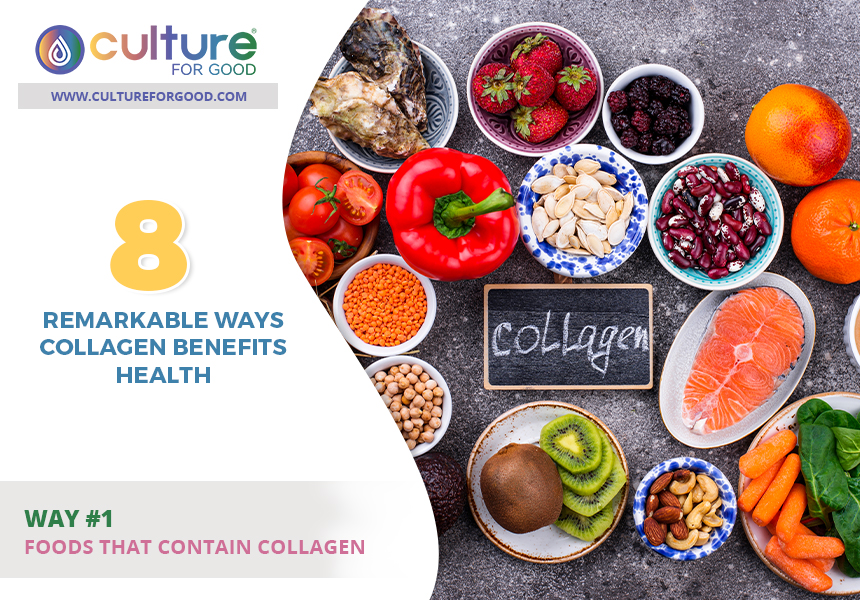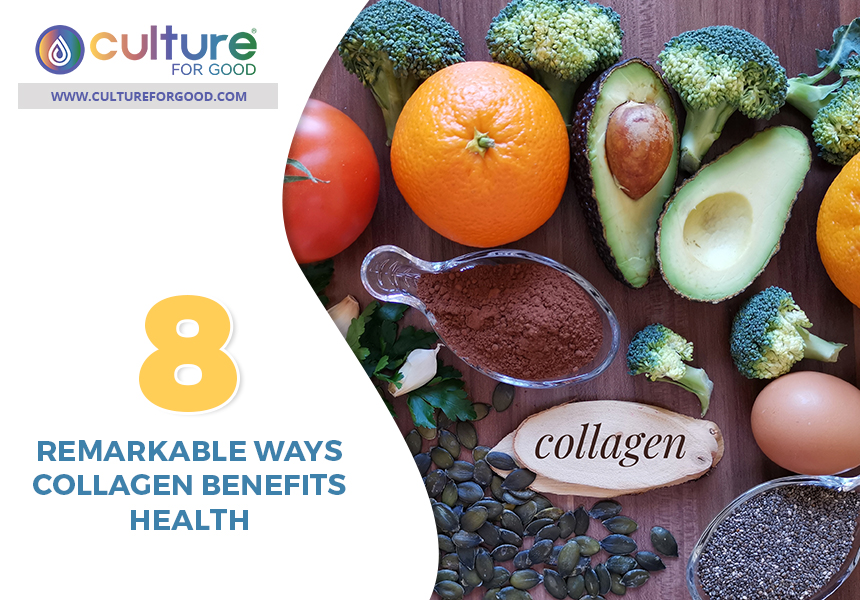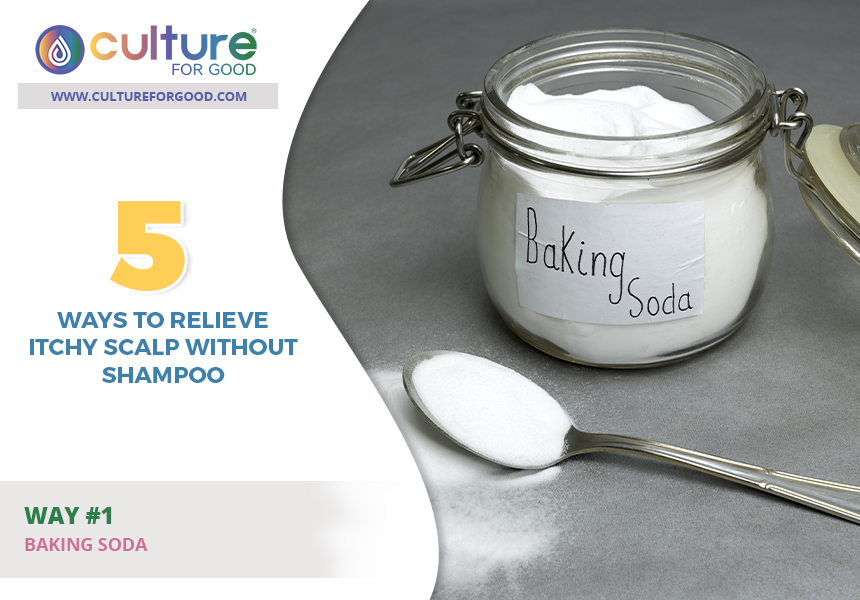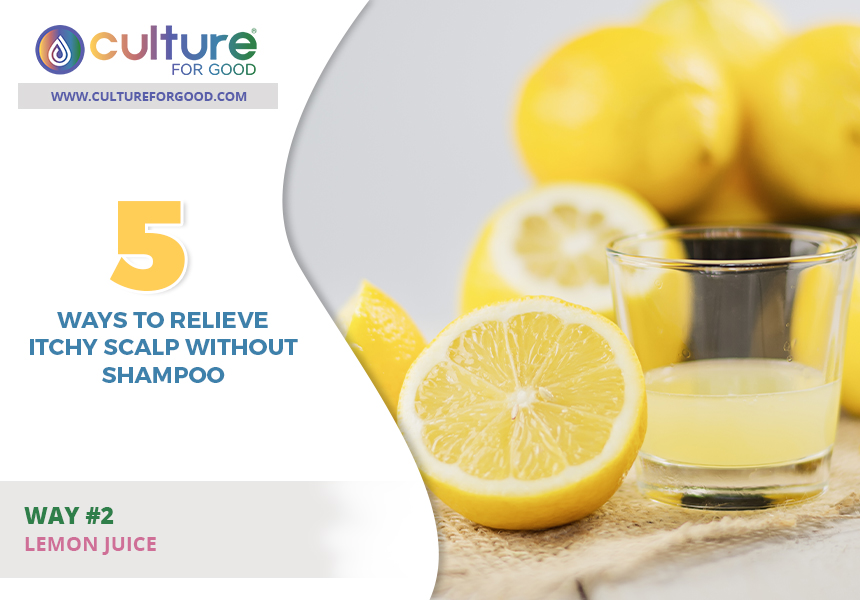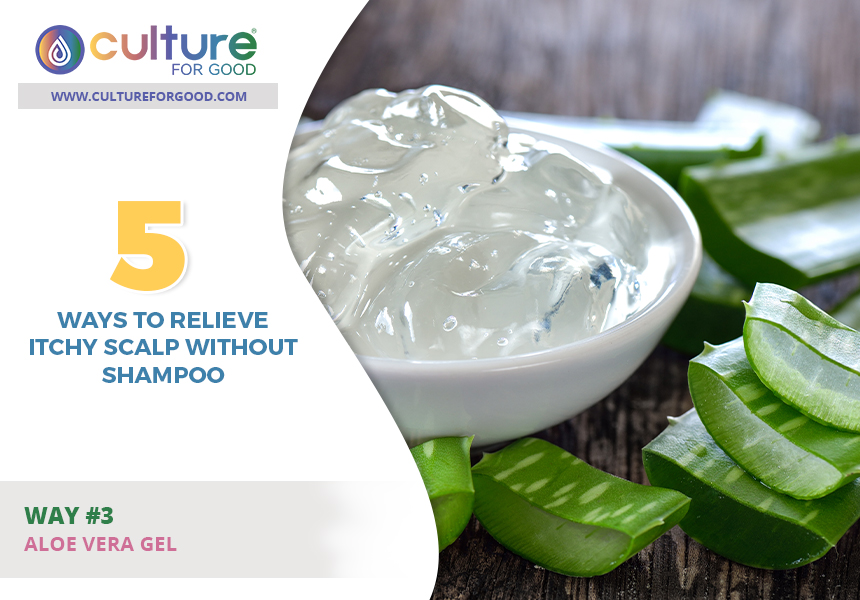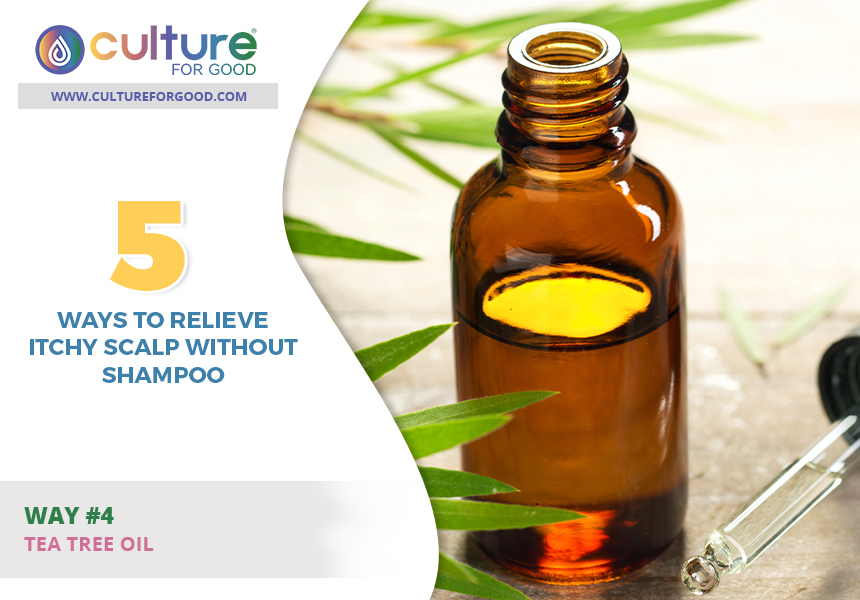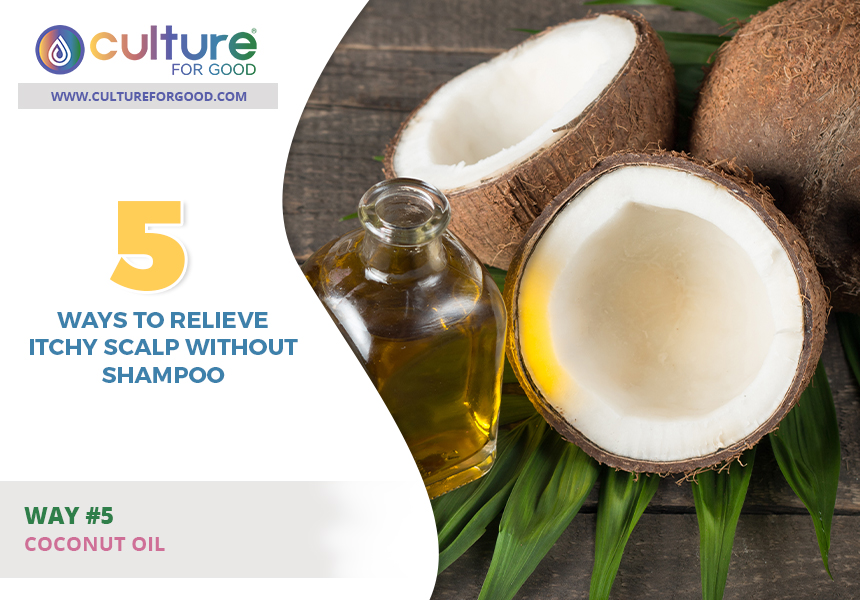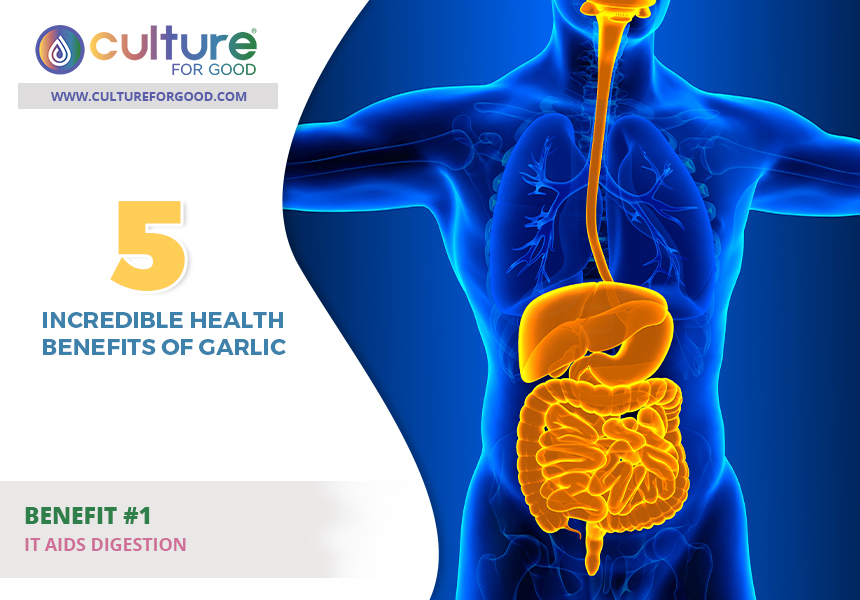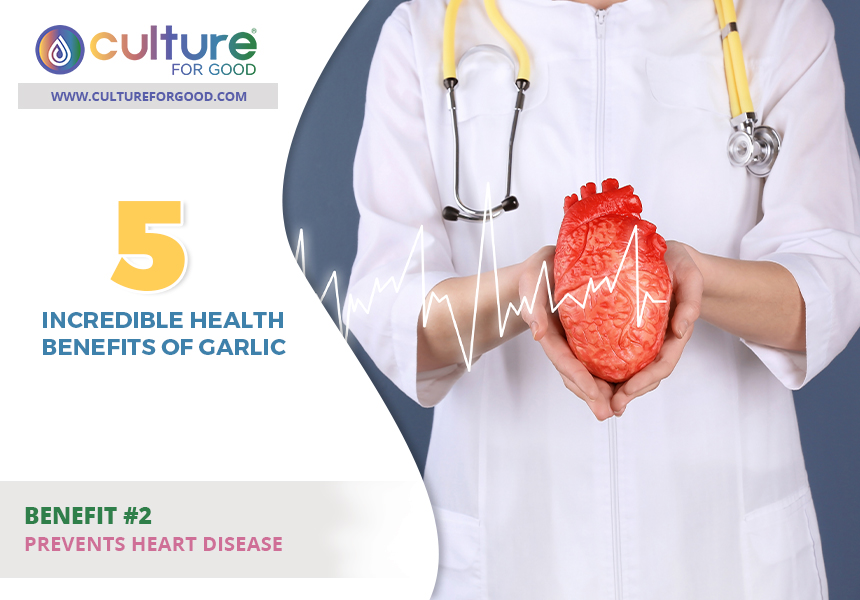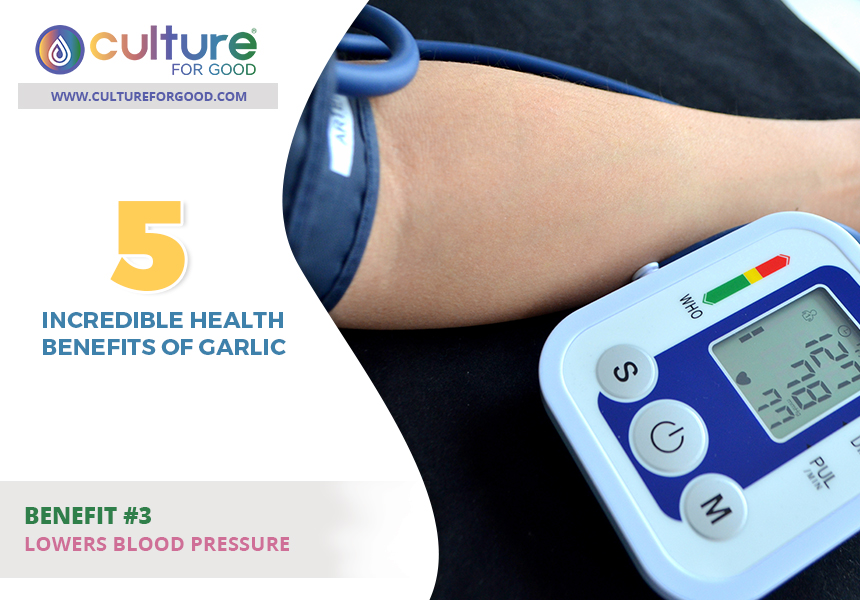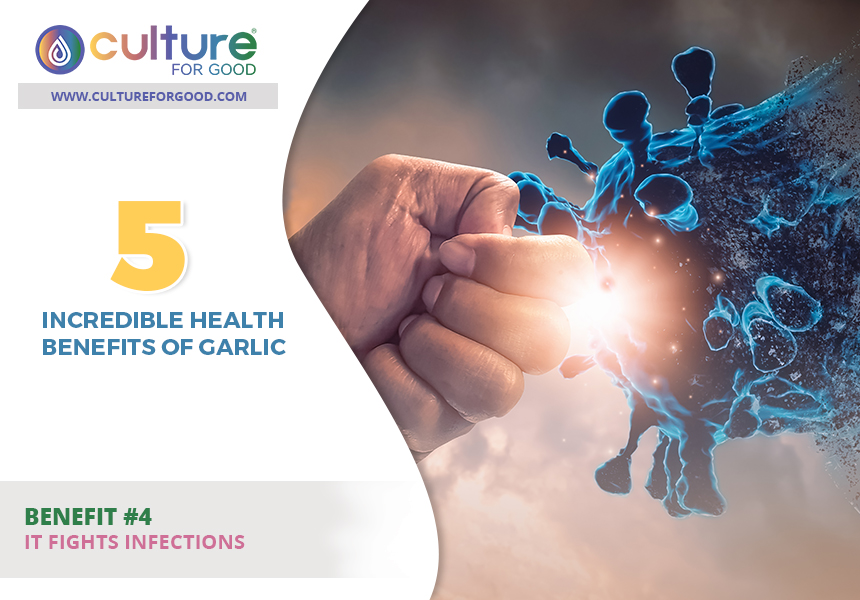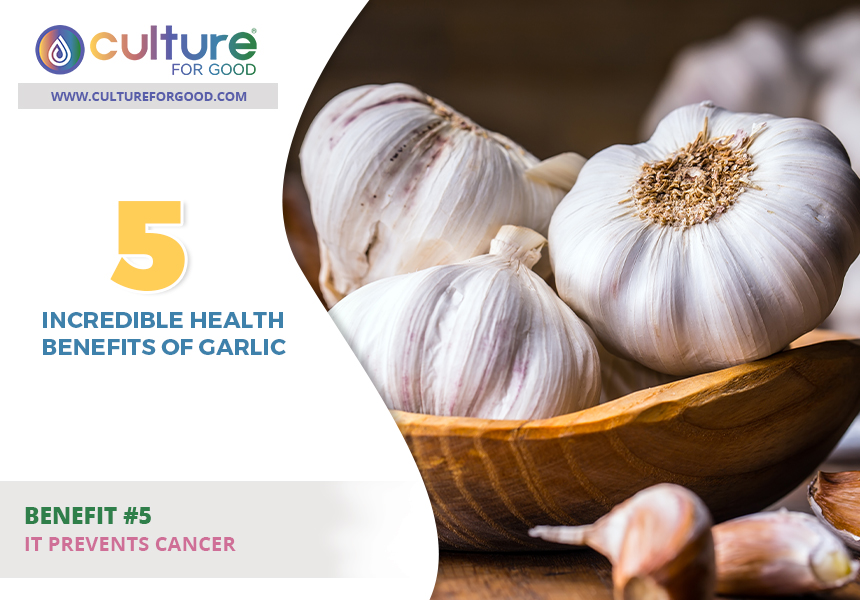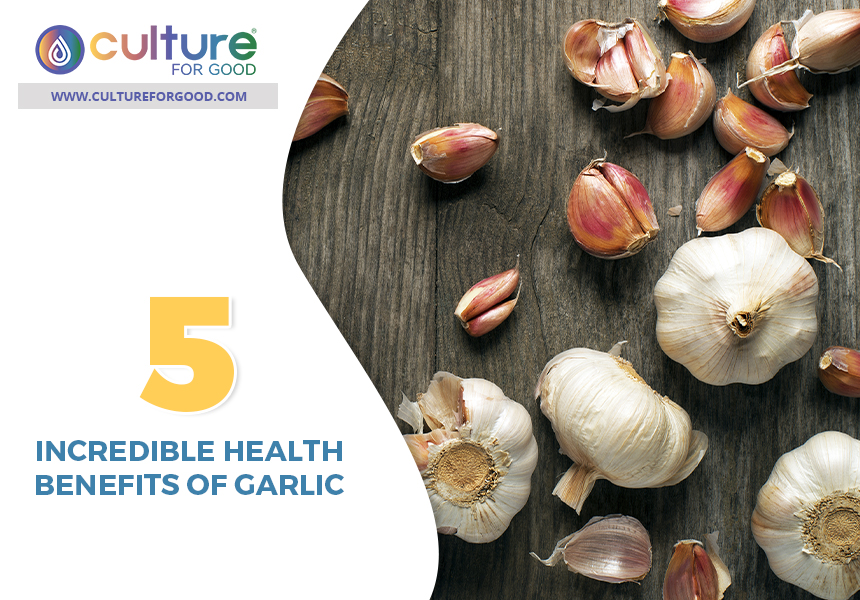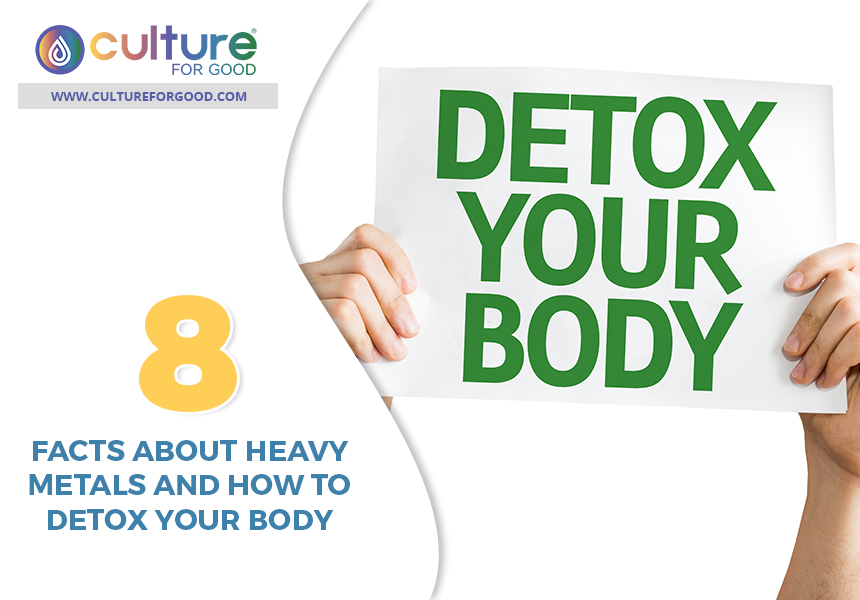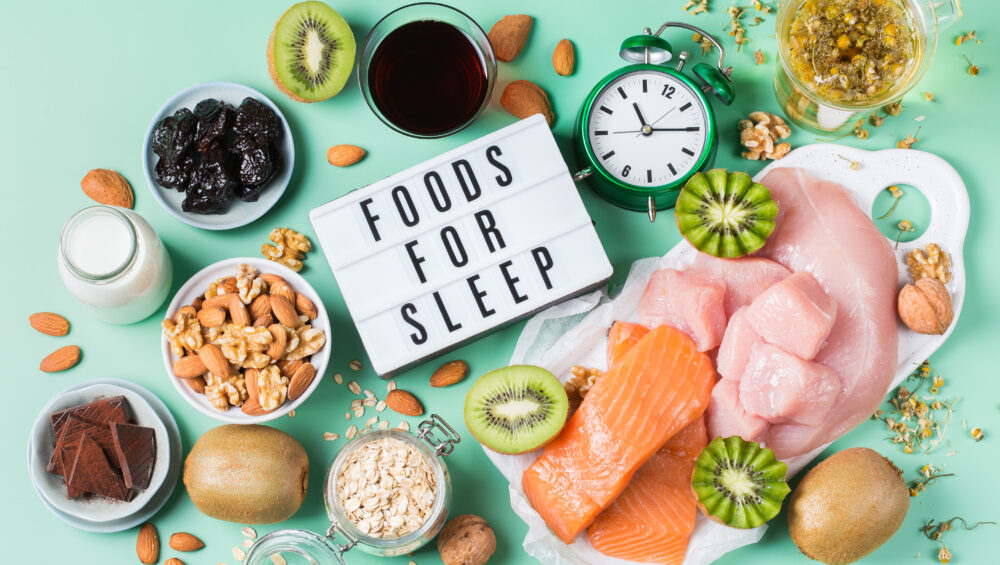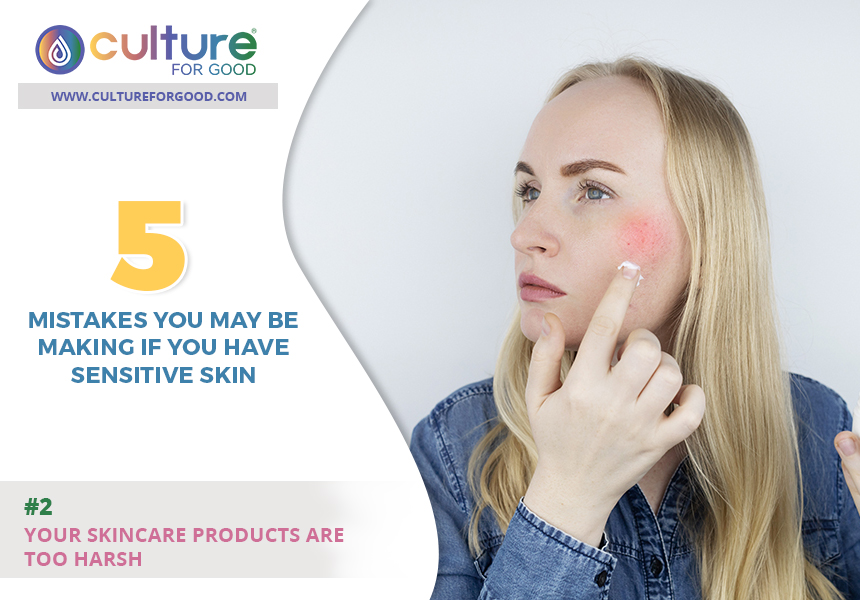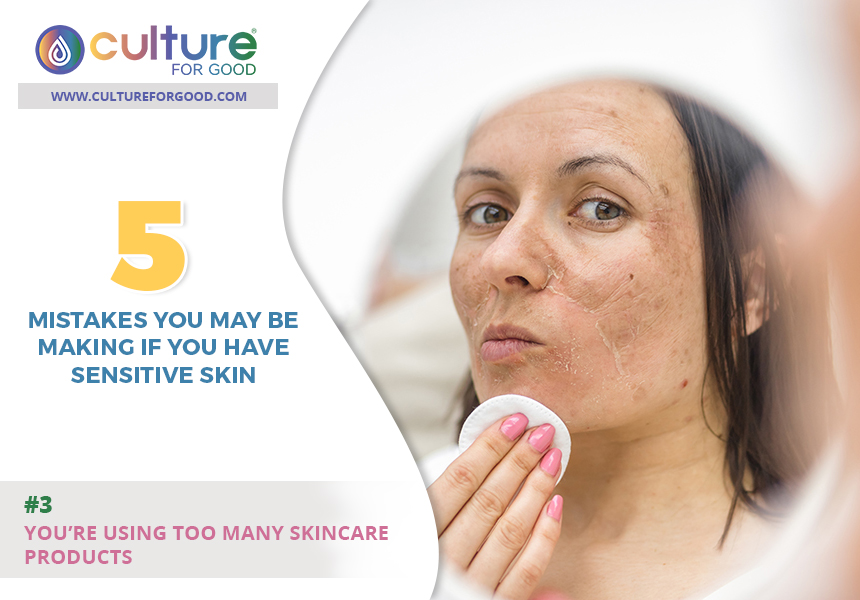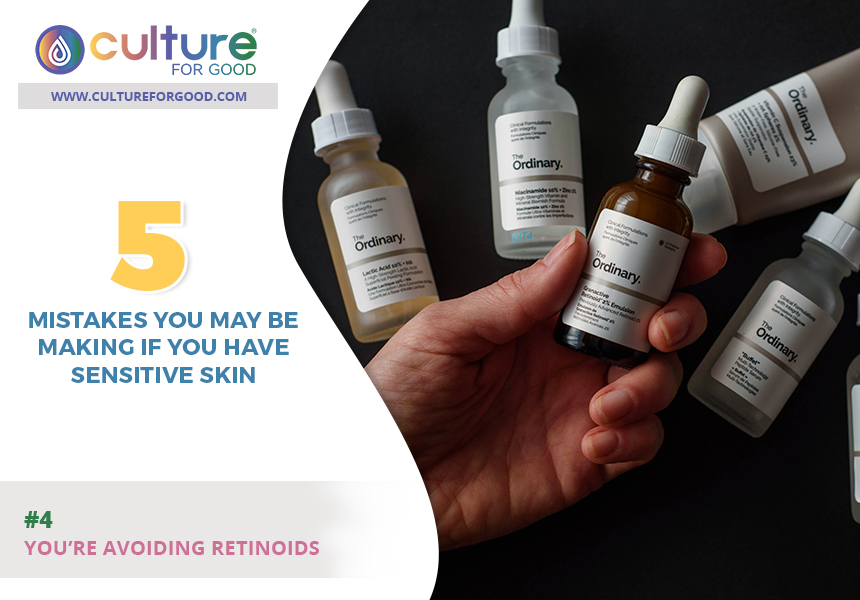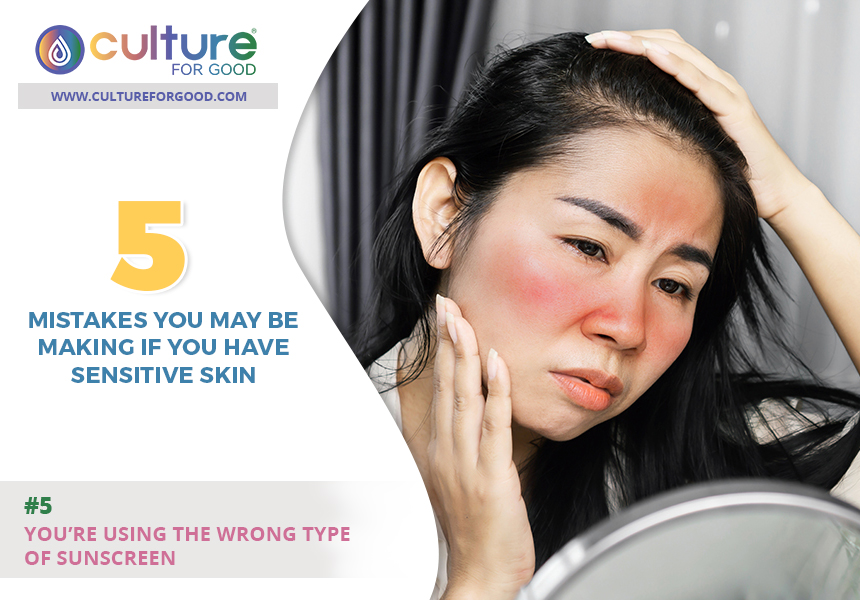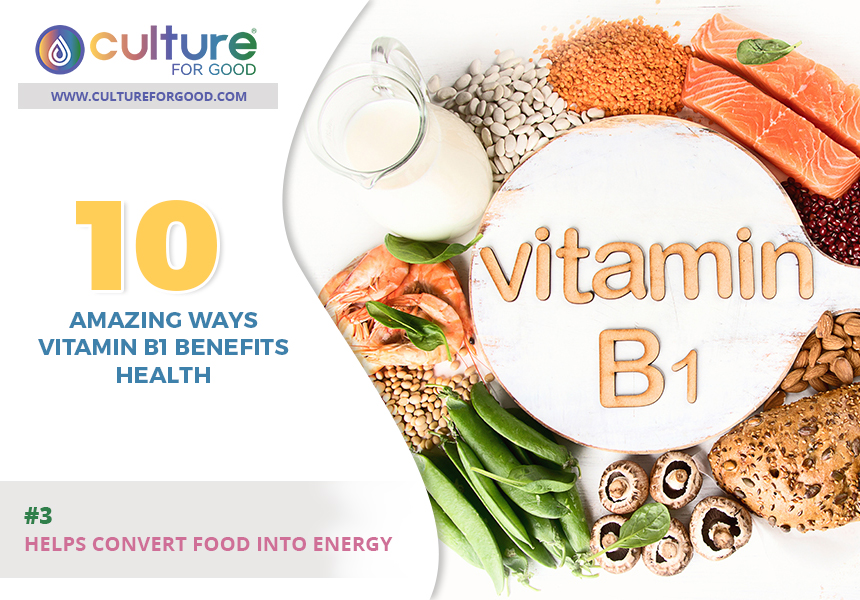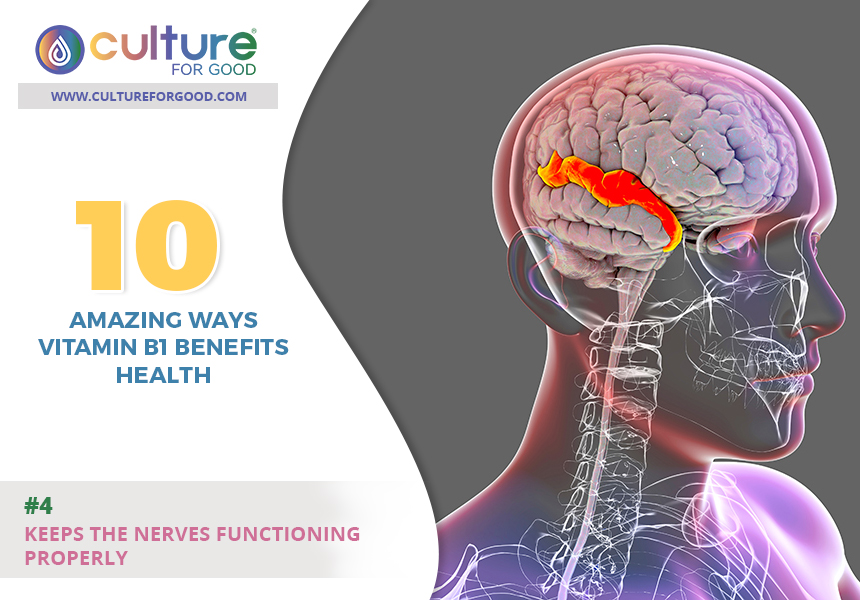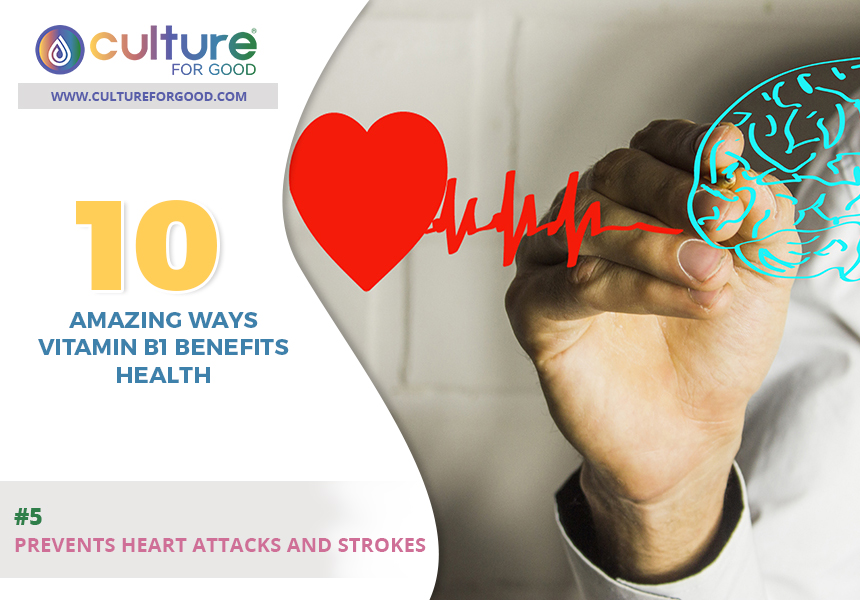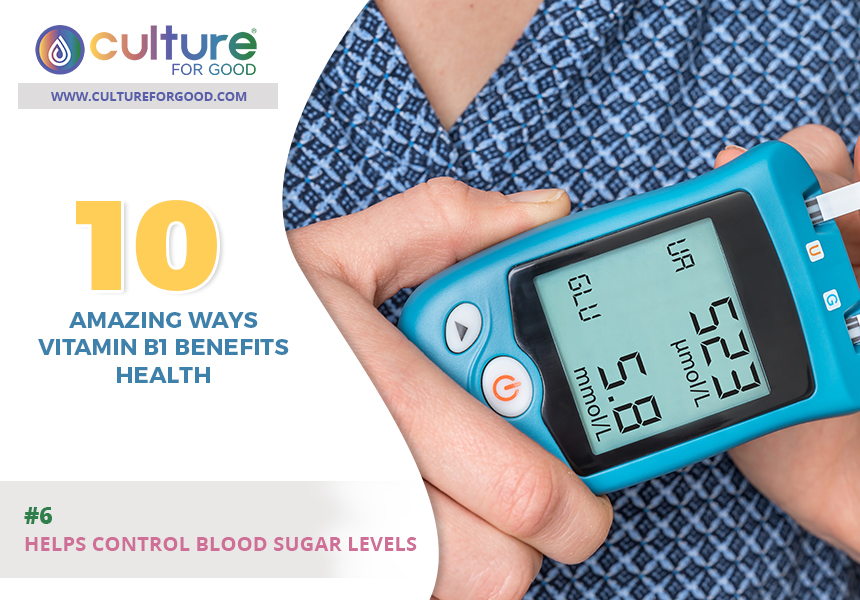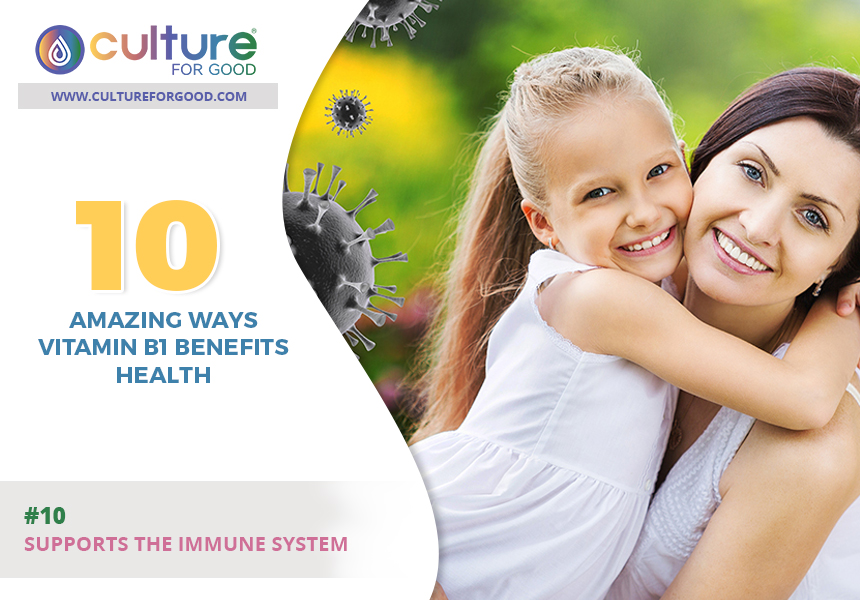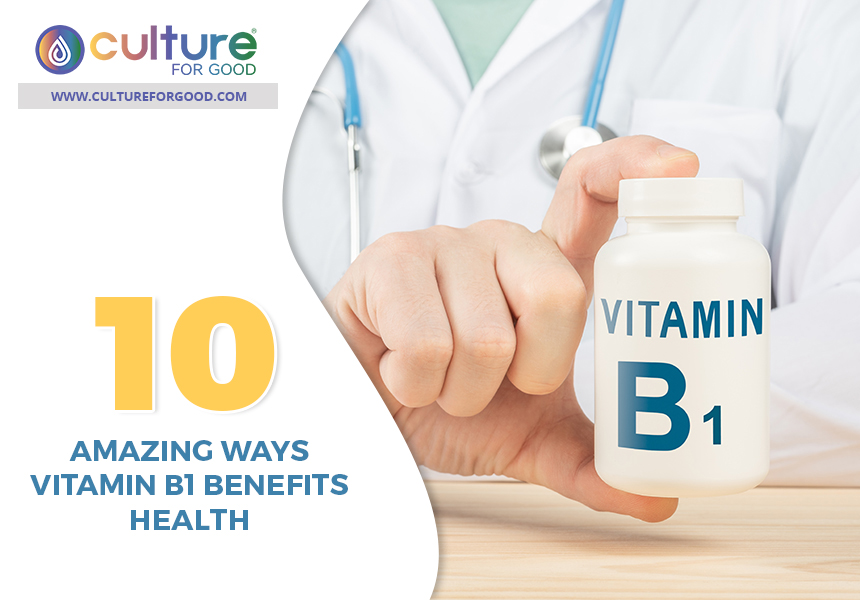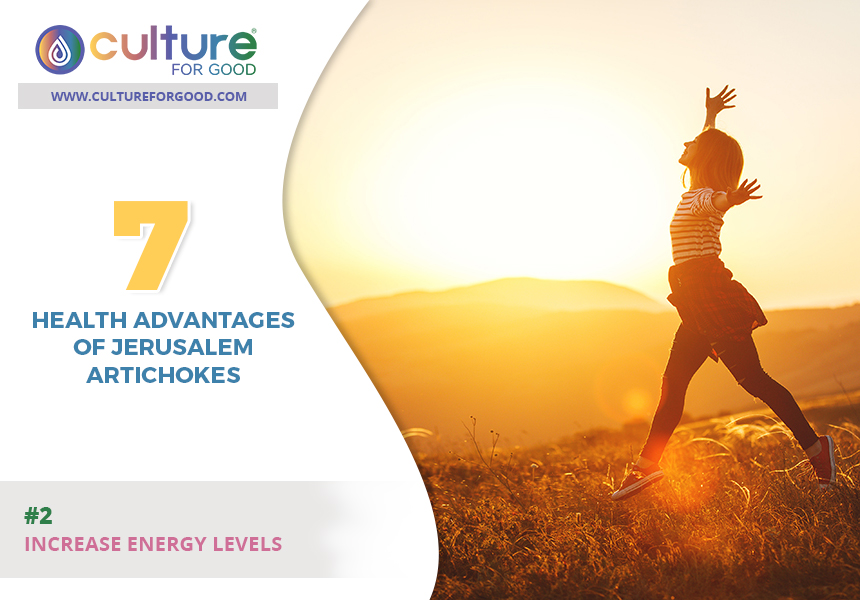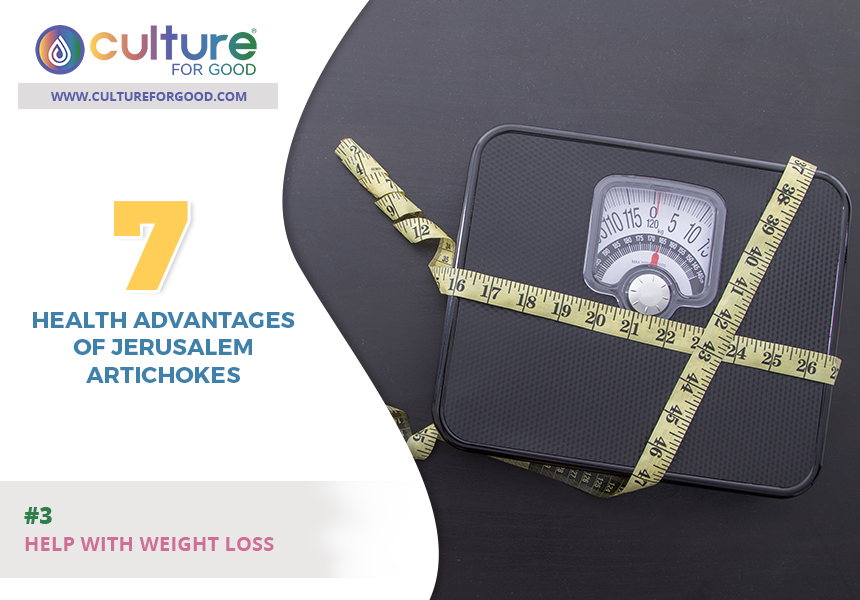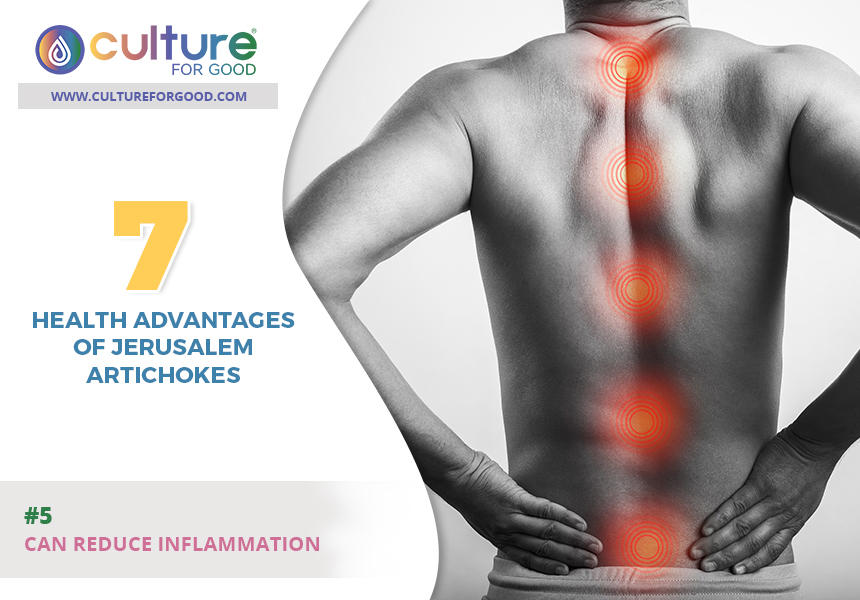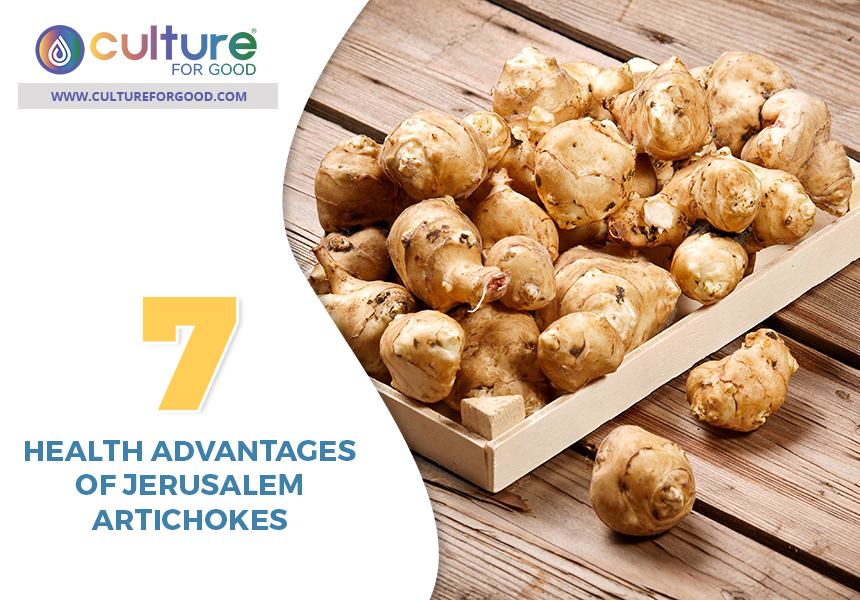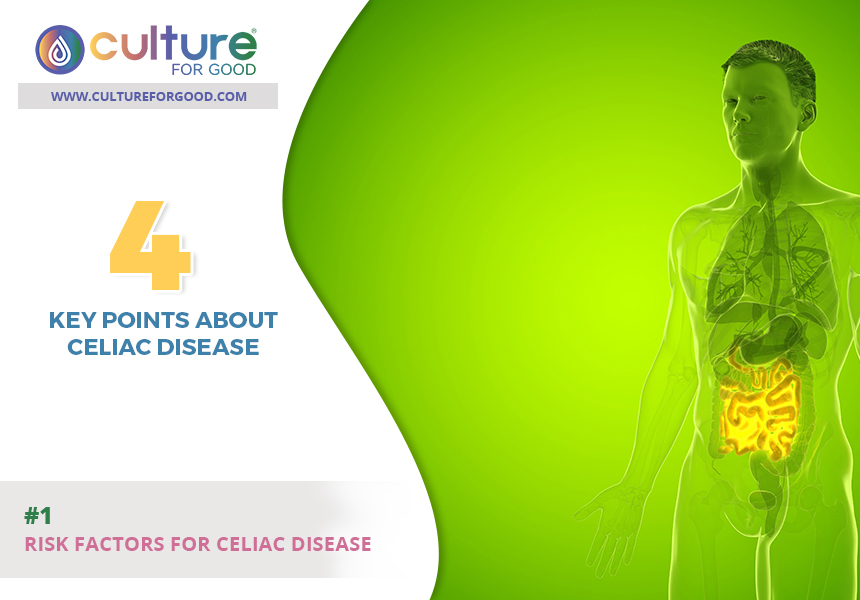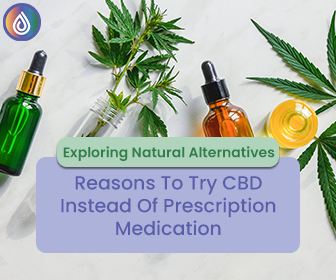9 Health Benefits Of Selenium
Selenium is a mineral that is found in soil and water. It is also present in certain foods, such as Brazil nuts, organ meats, seafood, and grains. Selenium has many health benefits, such as anticancer potential, boosting immunity, reducing inflammation, and more. In this article, we will discuss nine of the health benefits of selenium.
Selenium is an essential mineral that has many health benefits. First, we will discuss selenium’s anticancer potential and how it helps with hair care and improves thyroid health. Next, we look into how selenium improves heart health, increases longevity, and relieves symptoms of asthma. Then, we will talk about the mineral’s antioxidant properties and how it relieves inflammation and boosts immunity. Once you have finished reading, you will be able to take advantage of these health benefits of selenium.

1Has Anticancer Potential
Selenium has been shown to have anticancer potential. One study showed that selenium may help protect against prostate cancer, while another study showed that it may help protect against breast cancer. Selenium is believed to work as an antioxidant and anti-inflammatory agent, which can help reduce the risk of cancer.
Selenium is a trace element that has been used for many years as part of cancer treatments. The World Health Organization recognizes selenium as a vital nutrient in human nutrition and also recommends its use to prevent certain types of cancer. The anticancer effect of selenium has been studied in depth, and one study found that people who consume more than 50 micrograms a day have an increased survival rate for many cancers.

2Good For Hair Care
Selenium is also beneficial for hair care. It helps keep your hair healthy and strong by protecting it from damage caused by free radicals. Selenium also helps promote hair growth and prevent hair loss. It has a very positive impact on the levels of HDL cholesterol, which helps prevent cardiovascular disease.
Did you know that selenium deficiency can lead to hair loss? Eating foods rich in this mineral could enhance your diet and help keep your hair looking shiny. Many people use selenium sulfide shampoo to prevent dandruff and other scalp conditions.

3Helps Improve Thyroid Health
Selenium is crucial for thyroid health. The thyroid gland needs selenium to produce its hormones. Selenium deficiency can lead to hypothyroidism, a condition in which the thyroid gland does not produce enough hormones.
Selenium is one of the most important nutrients for thyroid health. Selenium is a key mineral that helps maintain healthy levels of the thyroid hormone. It’s found in a variety of foods and can be purchased as a dietary supplement.

4Improves Heart Health
Selenium has been shown to improve heart health in several ways. It helps reduce the risk of heart disease by decreasing inflammation and preventing the formation of artery-clogging plaque. Selenium also helps improve blood circulation and lower blood pressure.
The selenium compound has been scientifically proven to improve heart health by lowering the risk of coronary artery disease and stroke as well as preventing damage caused by free radicals. This vital plant mineral has been shown to improve heart health in several ways. It helps control blood sugar levels and can prevent the oxidation of LDL cholesterol, which can reduce the risk of heart disease.

5Increases Your Longevity
Selenium has been shown to increase longevity in some studies. One study showed that people who consumed higher levels of selenium had a lower risk of death from all causes, including cancer and heart disease. To live longer, you’ll want to eat foods with selenium. Selenium is an essential trace element and can be found in cereals, seafood, meat, and vegetables.
Selenium is one of the most important vitamins because it can help people live longer. Some studies have shown that long-term selenium use has a positive impact on health and longevity. While the exact reasons for this are unknown, selenium has been linked to a reduction in cancer cases.

6Relieves Asthma Symptoms
Selenium may also help relieve asthma symptoms. One study showed that people with asthma who took selenium supplements had a reduction in their asthma symptoms. Selenium is believed to work as an anti-inflammatory agent and antioxidant, which helps reduce inflammation in the lungs.
In a study of asthma patients, selenium was proven to reduce asthma attacks and help the patient breathe more easily. Selenium is one of the best ways to reduce asthma symptoms. Good sources of the mineral include seafood, eggs, and whole grains.

7Has Antioxidant Properties
Selenium is a powerful antioxidant. It helps protect the cells from damage caused by free radicals. Free radicals can cause oxidative stress, which can lead to cell death and tissue damage. Selenium helps scavenge harmful free radicals and prevent them from damaging the cells.
Selenium is a powerful antioxidant that can help reduce the risk of many health issues, including cancer. Selenium helps remove free radicals from the body. It’s also a vital mineral and can help boost your immune system.

8It Relieves Inflammation
Selenium is beneficial for relieving inflammation. It helps reduce the production of inflammatory cytokines, which can cause inflammation and pain. Selenium also helps inhibit the activity of enzymes that promote inflammation.
Selenium has been proven to reduce inflammation in the body. Selenium is an element that acts as a co-factor for antioxidant enzymes. It also has anti-inflammatory properties, which makes it useful in treating some skin conditions, such as acne and psoriasis.

9It Boosts Immunity
Selenium is a key mineral for boosting immunity. Selenium helps produce antibodies and white blood cells, which are crucial for fighting infection. Selenium also helps increase the activity of natural killer cells, which play a role in destroying tumor cells and virus-infected cells.
Selenium is a very important mineral for your body. It helps keep you from getting sick and increases the effectiveness of vitamin E, which can lower cholesterol levels. Selenium is a trace mineral that boosts the immune system. If you want to stay healthy, make sure that your diet contains foods high in selenium such as beef and shellfish.

Selenium is a mineral that can be found in soil and water. It may also be found in foods such as Brazil nuts, liver, fish, shellfish, and grains. Selenium has several health advantages, including anticancer potential, immune-boosting qualities, inflammation reduction, and more. In this article, we discussed nine of the health benefits of selenium.
Selenium is an essential mineral that has many health benefits. First, we discussed selenium’s anticancer potential and how it helps with hair care and improves thyroid health. Next, we looked into how selenium improves heart health, increases longevity, and relieves symptoms of asthma. Then, we talked about the mineral’s antioxidant properties and how it relieves inflammation and boosts immunity. Now that you have finished reading, you can take advantage of these health benefits of selenium.


